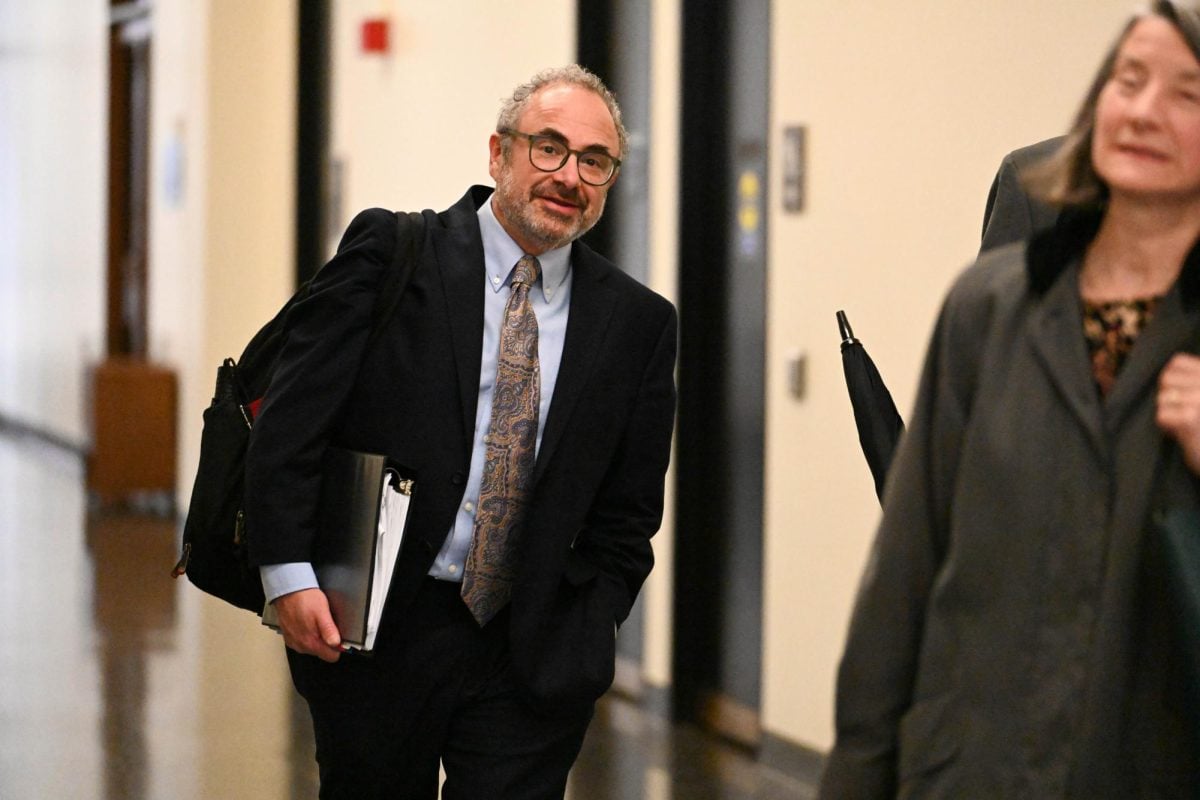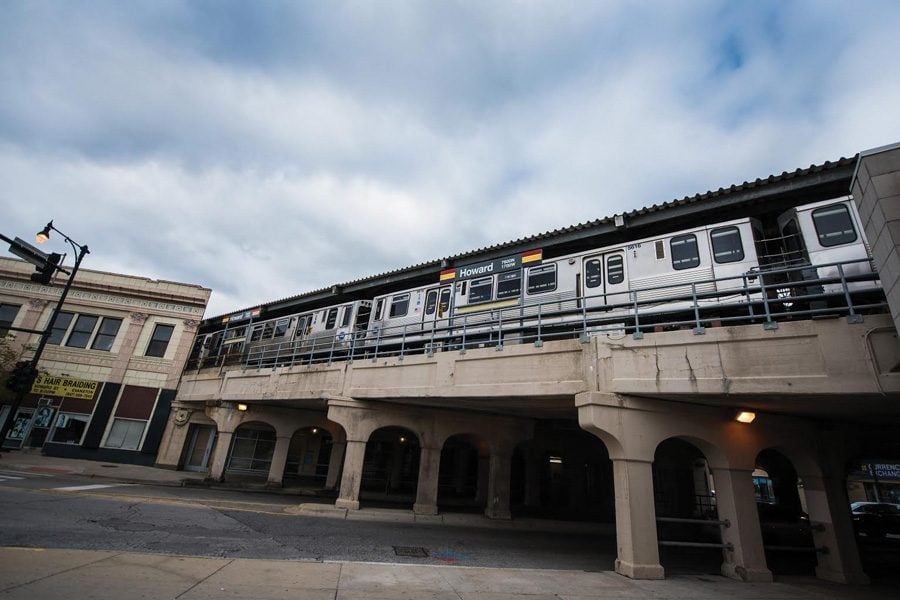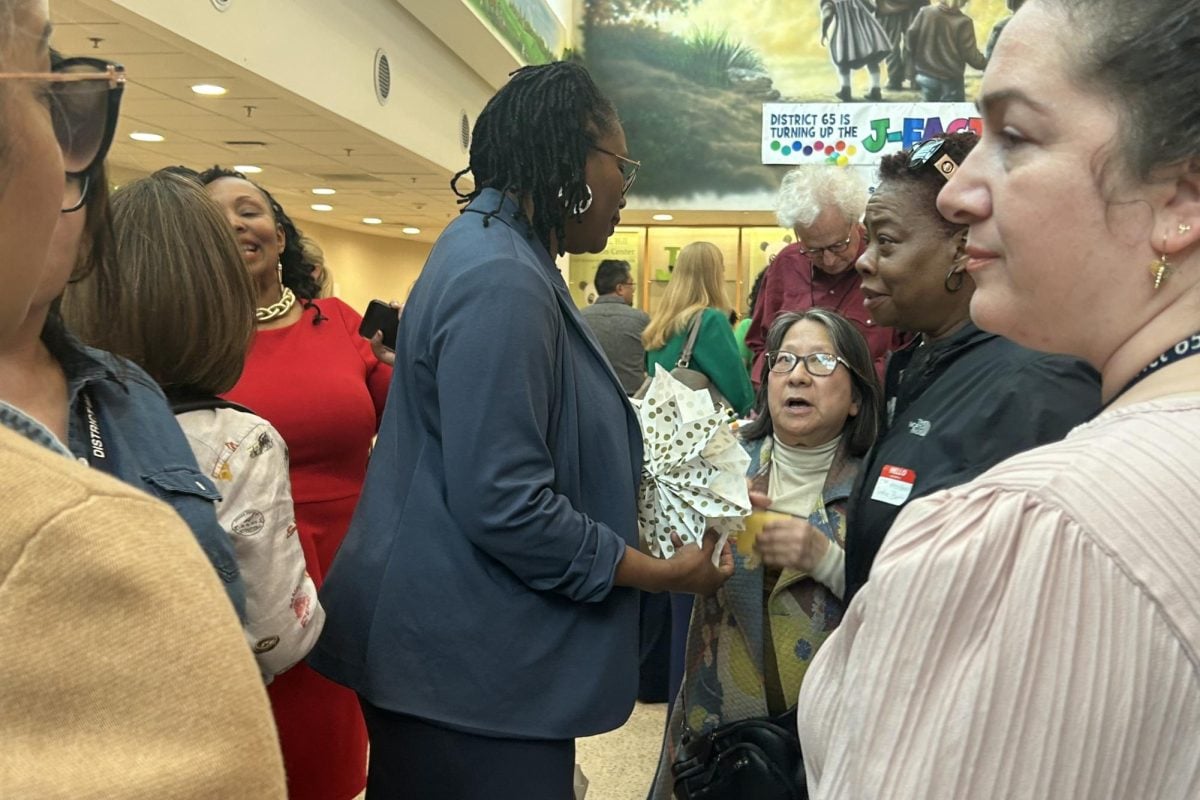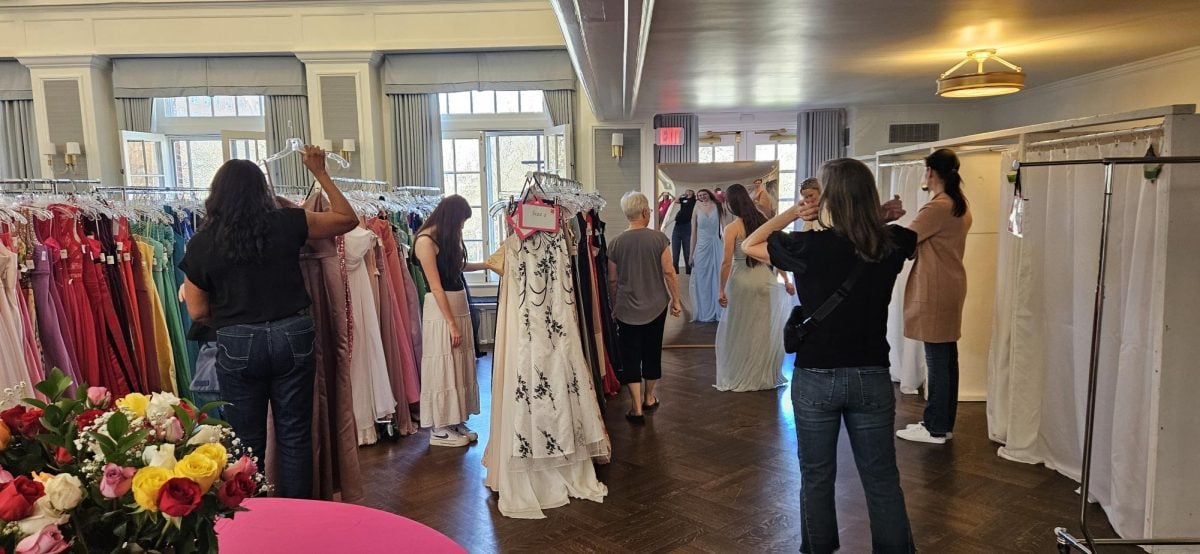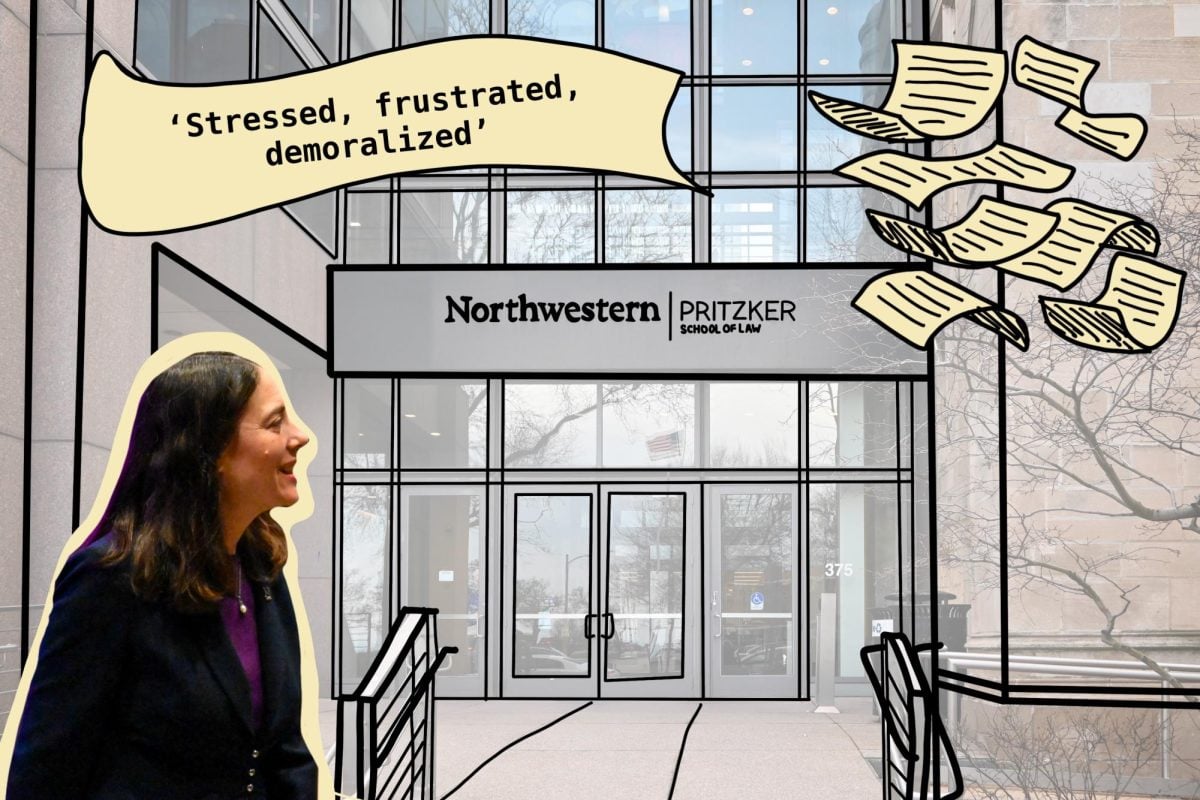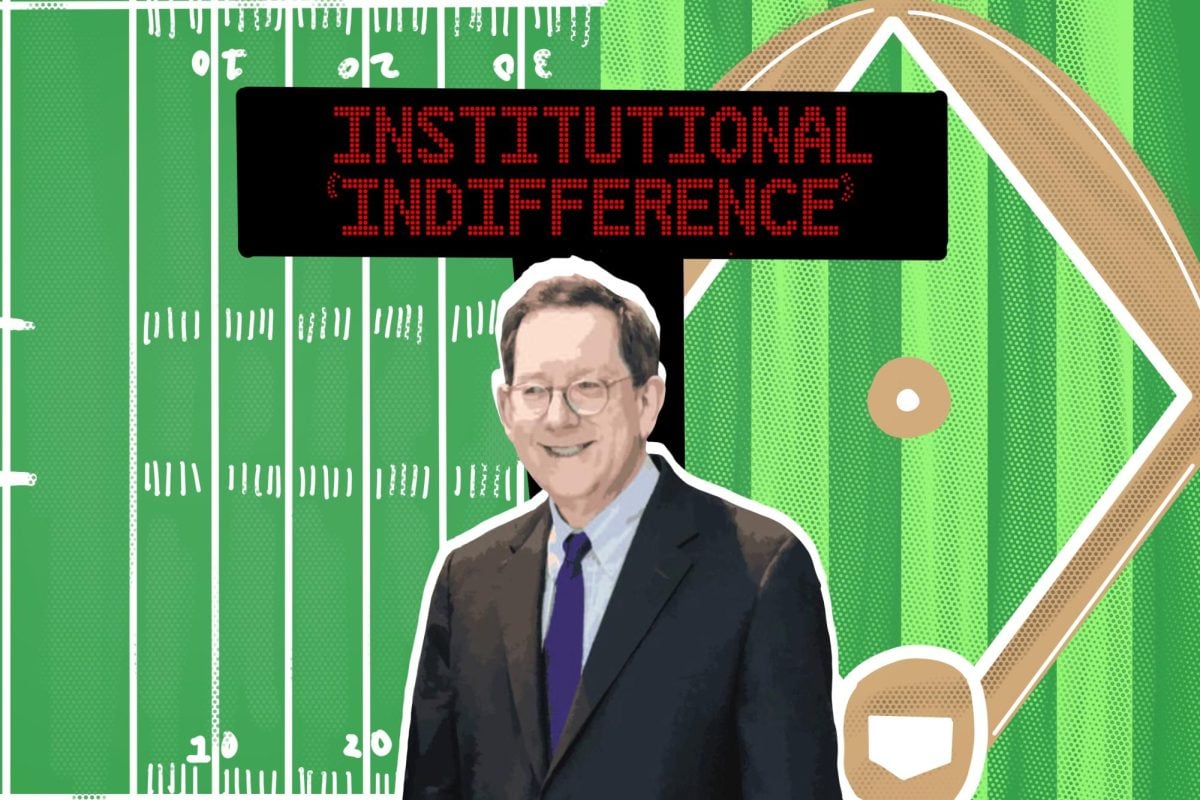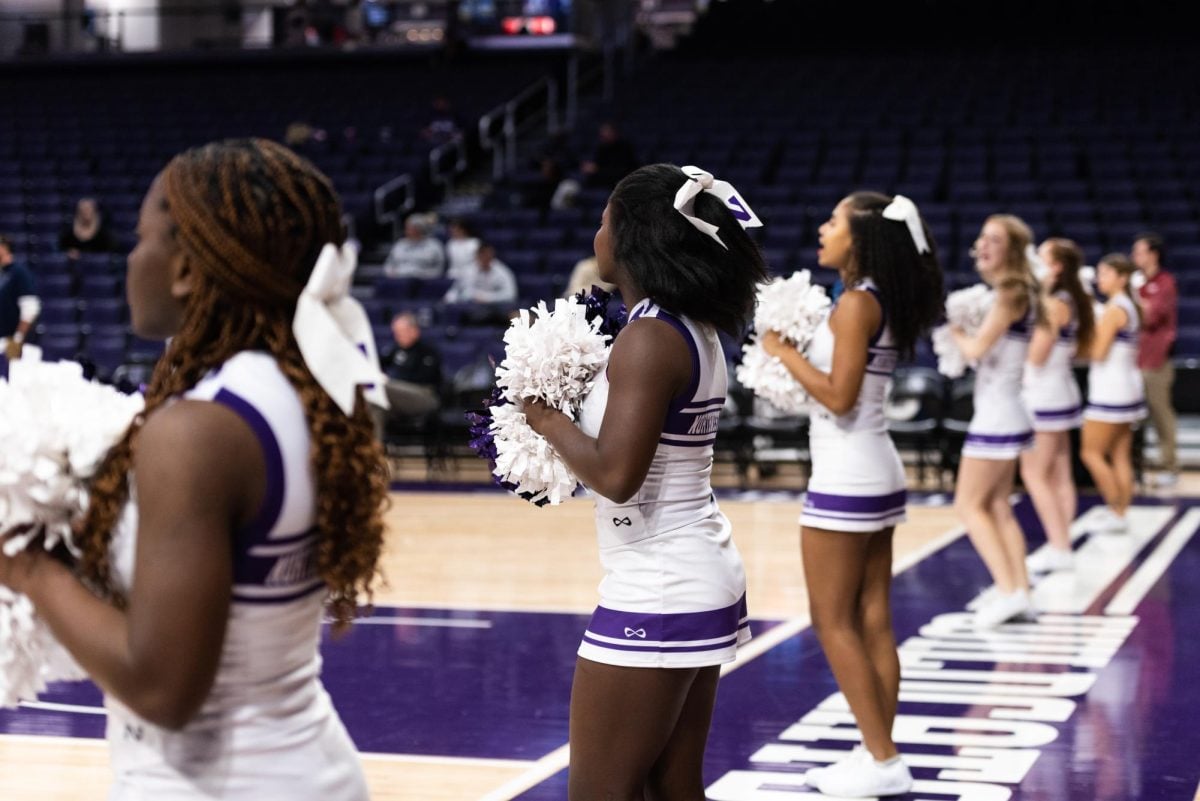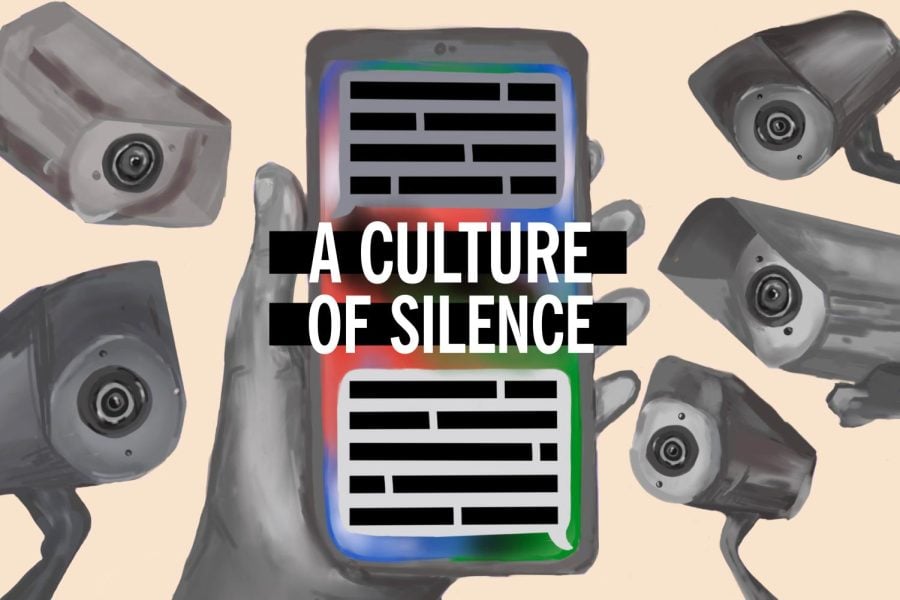If Leo Kirwan wants to go to Barnes & Noble, he can get to the store, but he can’t get inside on his own. Even in sub-zero temperatures, he has to sit outside the store, 1630 Sherman Ave., waiting for another person to open the door for him.
And then he must wait for someone to open the second set of doors.
Kirwan has been a quadriplegic for 14 years. Although he said the city’s streets are mostly accessible to disabled persons, Kirwan has “extreme difficulties” getting into some stores.
“I don’t have use of my hands,” Kirwan said. “I can’t grab a door handle or turn a knob, especially in the winter when it’s cold. It can get very annoying.”
To help disabled people like Kirwan, Patrick Hughes founded Inclusion Solutions in 2000. Inclusion Solutions now offers more than 300 products to improve businesses’ accessibility for disabled persons, including portable ramps, alert systems and ordering systems for deaf patrons.
“We’re not just trying to sell a widget,” said Hughes, who is Mayor Elizabeth Tisdahl’s son-in-law. “We’re trying to sell the social issue.”
Hughes was inspired after talking with Sandra Goldin, an Evanston resident who was born with cerebral palsy. When Hughes ate at a restaurant with Goldin, who steers a wheelchair with her mouth, he noticed the barriers she faced with accessibility.
“That’s where I started learning (that) if you physically can’t get into a place, then socially, you’re not going to be connected,” Hughes said. “I can fix the physical part, but the social part is not as easy.”
According to Title III of the Americans with Disabilities Act, public businesses must be constructed in a way that does not exclude, segregate or unequally treat customers. However, this does not apply to barriers in existing buildings that would be too difficult or expensive to remove.
The age of some of Evanston’s buildings makes it difficult for businesses to be accessible to disabled persons, said Brian Barnes, Evanston’s disability services specialist and ADA compliance officer.
“We have to be very careful, if it’s a historical building, not to disturb the historical integrity of the building,” Barnes said. “We have to be aware of that and come up with a solution that won’t cause them financial hardship.”
Barnes said most of Evanston’s businesses seem to be open to the idea of enhancing accessibility. Some businesses, he said, do not realize that they are not accessible to some customers.
“If you don’t have someone in your immediate circle that has a disability, and you’re not a disabled person, sometimes it’s more difficult for you to understand the importance of access everywhere,” Barnes said.
Although Hughes said he is “used to hearing ‘no'” when approaching businesses about becoming more accessible, Barnes said he does not receive many complaints about inaccessible businesses in Evanston.
“Any complaints get taken care of quickly, and usually the issue’s resolved,” Barnes said. “Both in the business community and in general, people have an understanding that there are people with disabilities in the community, and they want those people to be able to participate as members in the community.”
For Kirwan, however, some places remain out of reach.
“The Civic Center, Northwestern and a lot of the banks are accessible,” Kirwan said. “That’s pretty much it.”[email protected]


